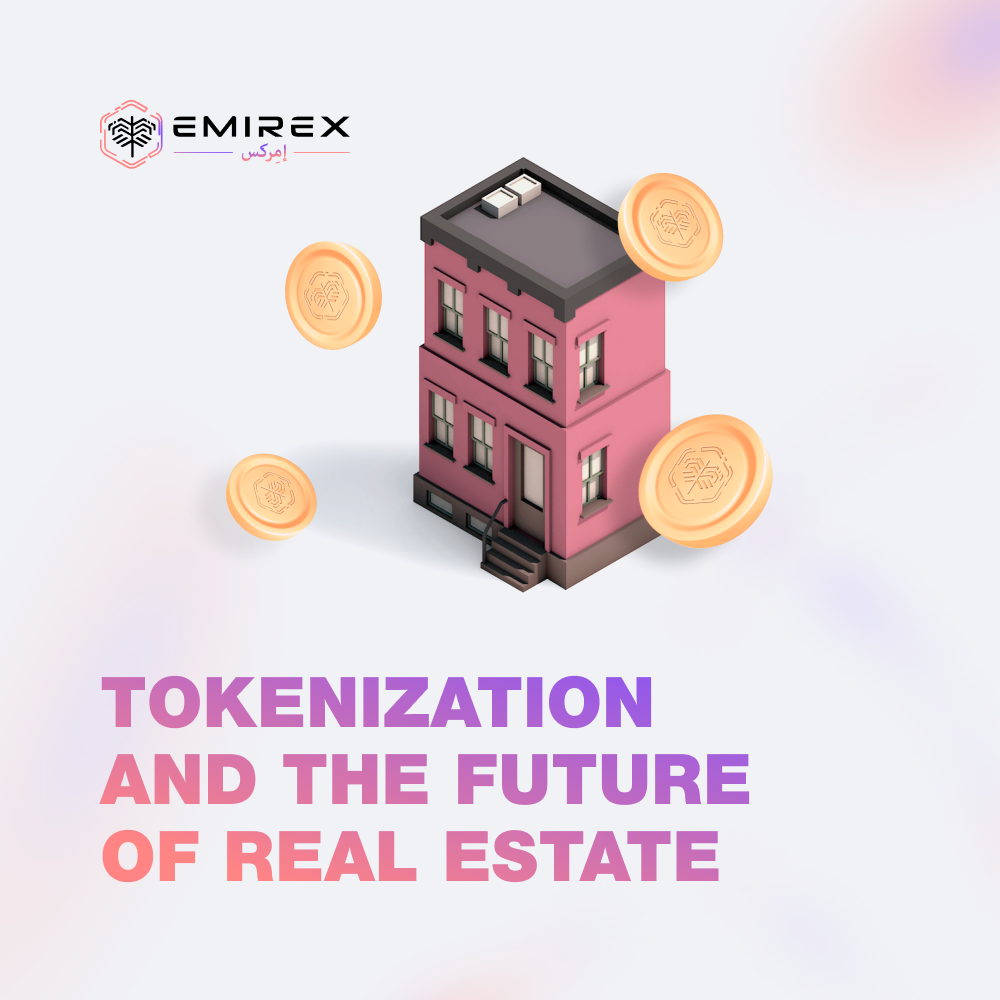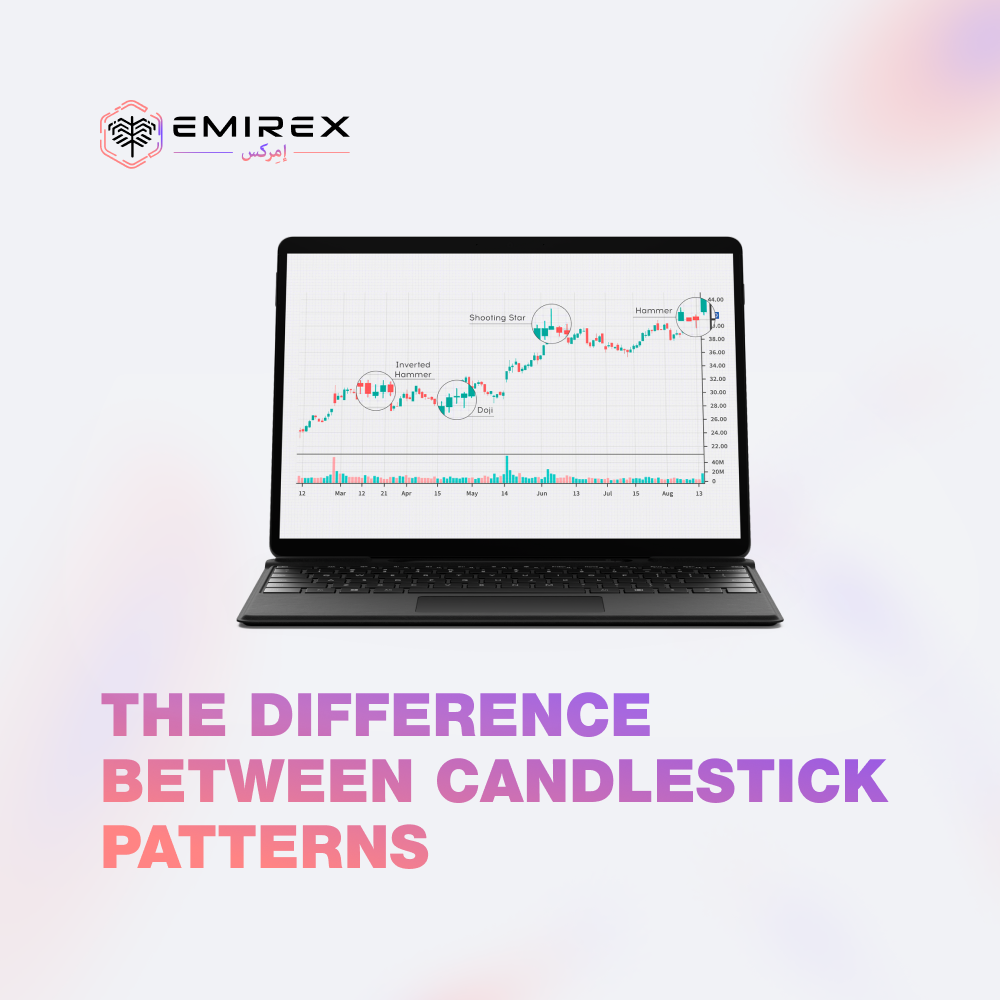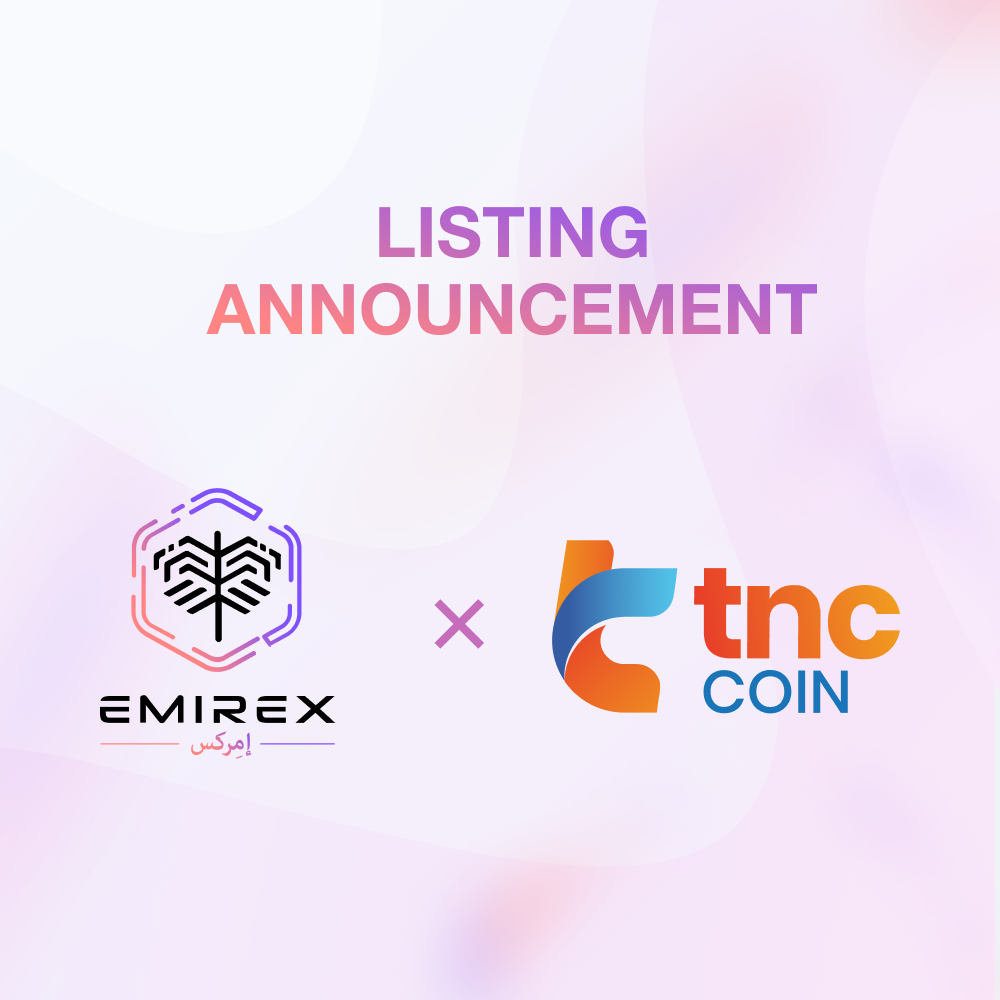Real estate tokenization is an innovative concept that allows for the digitalization of assets and their further distribution to investors globally. Asset tokenization will broaden financial inclusion by making illiquid asset classes more accessible to a wider range of investors. In real estate markets, this value proposition is very important.
How the Tokenization Process works:
- Real Property
- Valuation Compliance and Legal Structuring
- Token Issuance
- Token Distribution
- Secondary Market
With deal sizes of over $30 million, the United States has already seen its fair share of bigger real estate-backed security token offerings. Meanwhile, institutional investors are taking a closer look at this application.
Tokenization of St. Regis Aspen Resort
The well-known St. Regis Aspen Resort preferred tokenization to traditional methods of attracting investment. In Q3 2020, the Aspen coin was placed on the tZERO alternative trading system (ATS). At the placement price of one dollar, the token has grown by about 30% to date. The secondary market opens the door to even more liquidity and flexibility for investors.
The aim of raising money for St. Regis Aspen was to:
- Increase Revenue
- Boost Occupancy During Off-Peak Seasons
- Hotel Renovations at a Glance
- Increase Food and Beverage Sales Margins
- Improve the resort's marketing and management
- Boost Brand Recognition
- Increase ADR (Average Daily Rate)
- As a result, the St. Regis Hotel successfully conducted the STO and attracted $ 18 million in investment.
Improving Liquidity and Financial Inclusion
One of the best potential applications of blockchain technology is property tokenization. Real estate is a more valuable asset class than bonds and stocks combined, with a total asset value of $280.6 trillion globally.
Despite its massive market size, real estate remains an illiquid asset with significant entry hurdles.
Increased financial inclusion will provide access to illiquid asset types that were previously unavailable to the ordinary investor. Even Real Estate Investment Trust (REIT) funds need large initial deposits and have hefty upfront and trading costs.
Property tokenization not only opens up the asset class to a larger spectrum of investors but also paves the way for a liquid secondary market. Investors can simply resell their assets once the issuer has placed a token on a digital exchange for secondary trade. There are almost no minimum investments and transaction costs are substantially cheaper since investors may purchase and sell tokenized real estate through digital exchanges.
What applies to real estate also applies to other illiquid asset classes like the arts or private equity. Tokenization, however, has the potential to make a big difference for investors, developers, and fund managers, given the size of the real estate sector.
The property market will profit from the distributed ledger features, and to accelerate transfers, a smart contract is stored on the blockchain and executed automatically, automating and lowering operating, investment, and overhead costs.
How Tokenization Helps
- Reduces cost of issuance, transfer, settlement, standards, and trading processes;
- Improves capacity to attract investors, including the ability to engage with overseas investors and considerably lower investor ticket sizes to cater to a wider pool of smaller investors;
- the ability to reduce intermediaries like transfer agents, broker-dealers, lawyers, accountants, and more because of blockchain’s trust layer;
- Good projects can raise capital easier, faster, and at a reduced cost;
- Investors can enjoy increased liquidity on their investments, good projects can get a liquidity premium, and investors can globally get access to previously inaccessible types of investments.
Learn how to drive revenue efficiently and attract more investors by taking the first step toward tokenizing your real estate assets now. Did you know you can tokenize your real estate with Emirex & SolidBlock?







